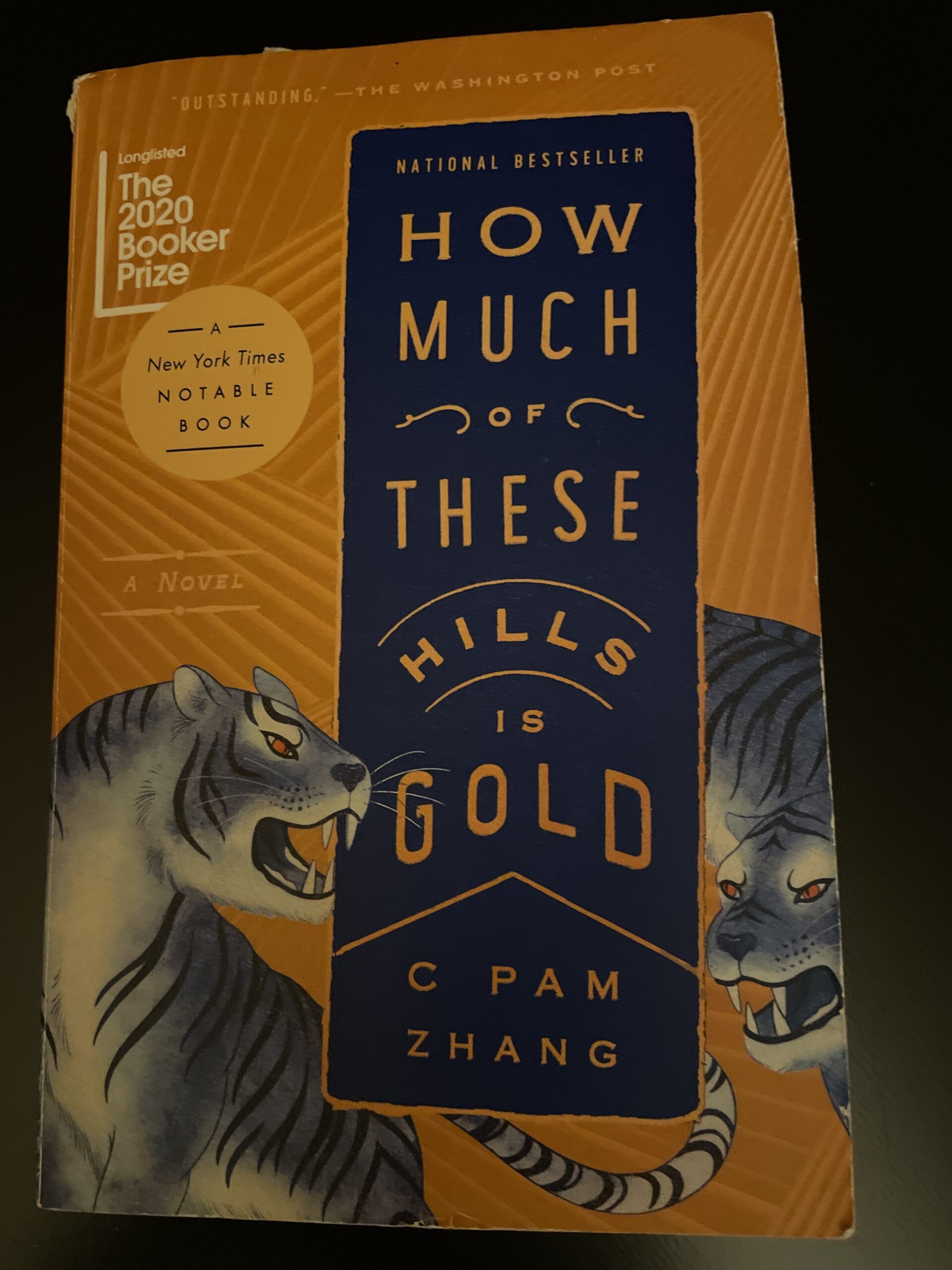That history in your books is plain lie. Gold wasn’t found by a man, but by a boy the same age as you. Twelve. And it wasn’t found in ’48 but back in ’42. I know because it was me that found it.
Well, it was properly Billy that touched gold first. Billy was my best friend, a grown man of 40 or so, though it was hard to say and he sure wasn’t saying. People today’d call him mutt: his ma was Indian and his ba one of those small, vaqueros come from across the Southern desert. They left Billy with two names–one most people couldn’t pronounce, and one most could–plus skin the color of fresh-peeled manzanita bark. His arms shone in the river as he tickled a fish.
Something flashed against Billy’s dark red, brighter than scales. I shouted.
What Billy handed me was a pretty yellow rock. Too pliable to be of use, and me too old for trinkets. I let it fall back through my fingers. It caught the sun as it tumbled, a shard of light that lodged in my eye. For minutes after, I saw spot across the hills.
I swear that gold winked at me, like it knew what I didn’t.
This was the year of ’42, though the camp where I grew up didn’t call it ’42. Just as we didn’t call our hills the West. West of where? It was just our land, and we were just people. We ranged between ocean to one side, mountains to the other.
The camp I grew up in was full of Billys. By which I mean old men, quiet, many with more than one name. They didn’t like to talk of the past. Best that I could piece together, they were the remnants of three or maybe four tribes now jumbled up, old men and cripples too stubborn or tired to leave when the rest did for better hunting grounds. There’d been a priest when many of them were boys, who’d given them new names–and a pox that killed half their people. The priest had also given them a common language, which they taught me. That camp was all outcasts and stragglers, what your ma considered the wrong kind of company. And sure there wasn’t a clean handkerchief among them, but there was kindness, or at least a kind of weariness that looked nearly the same. Too many had seen destruction.
still, the hills were good for plenty when I grew up. Poppies in the wet season, fat rabbits in the dry. Manzanita berries and wild sorrel, miner’s lettuce, and the paw prints of wolves in streambeds. Never a shortage of green. As to how I got there–I knew as little about myself as about the old men. They’d found me on a foraging trip down the coast: a newborn, hours old, crying alone, my ma and ba dead beside me. Salt water stains on their clothes.
I asked Billy, once, how he knew it was my ma and ba on account of their being dead, and the dead not speaking. He touched my eyes. Then touched the edges of his own and pulled them out till they narrowed.
Here’s the thing, Lucy girl: like you I never grew up among people who looked like me. But that’s no excuse, and don’t you use it. If I had a ba, then he was the sun that warmed me most days and beat me sweaty-sore on others; if I had a ma, then she was the grass that held me when I lay down and slept. I grew up in these hills and they raised me: the streams and rock shelves, the valleys we’re scrub oaks bunched so thick they seemed one mass but allowed me, skinny and swift, to slip between trunks and pierce the hollow center where branches knit a green ceiling. If I had a people, then I saw those people in the reflecting pools, where water was so clear it showed a world the exact double of this one: another set of hills and sky, another boy looking back with my same eyes. I grew up knowing I belonged to this land, Lucy girl. You and Sam do too, never mind how you look. Don’t you let any man with a history book tell you different.
Comprehension Questions
1. What is the Chinese American speaker's message to the 12 year old girl, who is also Chinese American?
A. She comes from a rich Chinese Heritage.
B. She should never lose the Chinese language.
C. He grew up on this soil, and was nourished by its rivers, plants and animals. He knew that he belonged to this land and he said she and her brother belong to this land too.
A. He was put in an orphanage.
B. He was taken in by relatives.
C. Native Americans from a nearby gold mining camp found him and took him in.
Your Thoughts
Vocabulary
4. List any vocabulary words below.

